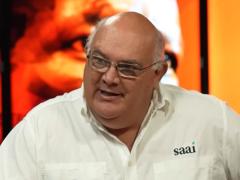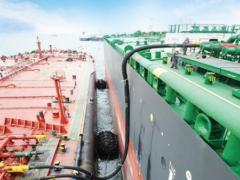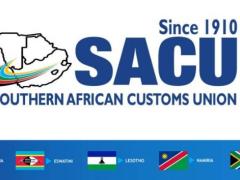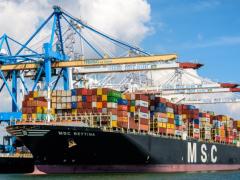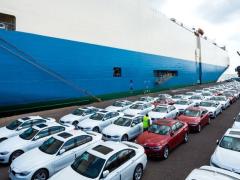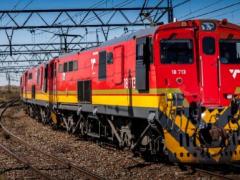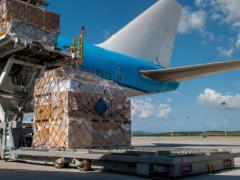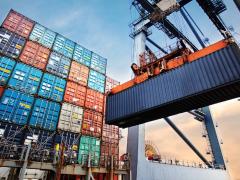Smart trucking is gaining ground in Namibia, led by Van der Walt Logistics, one of only two operators in the country currently running Performance-Based Standards (PBS) vehicles. The company is redefining long-haul logistics by increasing payload efficiency, cutting emissions and minimising road wear, all while navigating the challenging landscape of cross-border regulations, permits and infrastructure.Operating across Namibia, South Africa and Botswana, the company only operates its PBS f leet in Namibia. “It has allowed us to offer more efficient, sustainable solutions in the country as we are able to carry up to 64 tons of payload, essentially doubling up on loads, particularly with reefer containers and tankers,” said the company’s Andre van der Walt. “This means fewer trucks on the road, less fuel used, reduced emissions and lower impact on the infrastructure. It’s a logistics solution that just makes sense.”It also speaks directly to the increasing demand for greener trucking. “Because we’re able to use different combinations and move more efficiently, our carbon footprint is significantly reduced,” he told Freight News.Operating PBS vehicles in Namibia requires adherence to both South African and Namibian regulations, which present distinct challenges. “In addition to complying with South African regulations, we also follow Namibia’s specific standards, particularly with regard to vehicle length and permit requirements,” explained Van der Walt. “Our operations, workshops and maintenance are all inspected and approved through the South African RTMS standards. This is a comprehensiveprocess that ensures our vehicles meet the highest safety and operational standards.”Vehicles also need to comply with Namibian regulations and its permit system. “We’ve spent a lot of effort raising awareness for PBS, as many restrictions still exist, especially around driving hours. Currently, we’re only allowed to operate from sunset to sunrise, with no Sunday driving allowed. That does limit our operations as the mines we work with have 24/7 operations. The goal is to have these restrictions lifted so we can operate 24 hours a day, which would significantly improve our operations.”The regulations further stipulate that in Namibia, local roads authorities have the authority to determine and enforce restrictions. With PBS still a relatively new concept in the country, vehicles operating under these standards face additional regulatory hurdles.According to Van der Walt, Namibia holds significant potential for PBS. “With cargo volumes from the mining sector and imports on the rise, coupled with the inf lux of new equipment, there are ample opportunities to expand our business. Our primary focus is on growing the PBS concept in Namibia and increasing the adoption of smart truck vehicles. As more mines move into the planning stages, we’re well-positioned to support their logistics needs with efficient, innovative solutions.”Van der Walt said being able to deliver bespoke solutions with PBS was a major benefit. “The drawbar combination we use locally is not commonly seen in South Africa. This specialised setup allows us to maximise efficiency. Recently, we’ve implemented a solution for uranium mines, transporting tankers from the port to the mine,” he said. LV
Smart trucking offers sustainable solutions
Comments | 0

